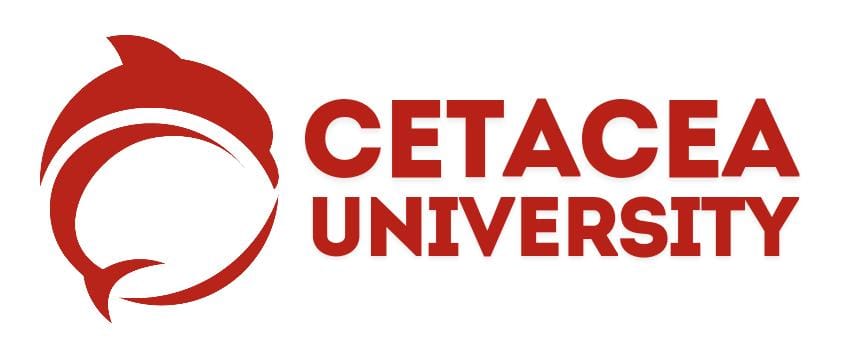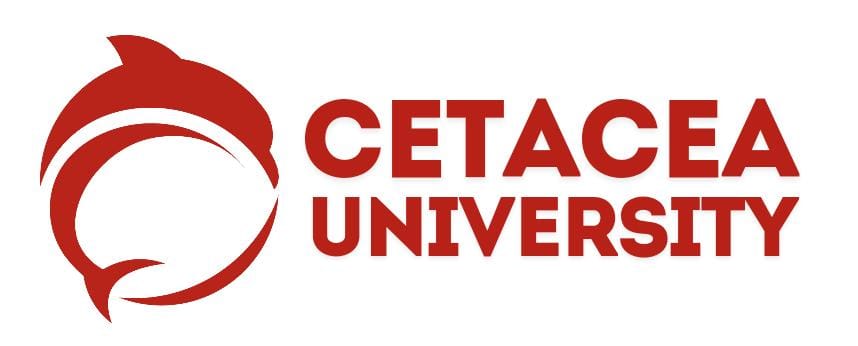
Cetacea University Honorary Doctorate
The Cetacea University Honorary Doctorate degree recognizes those who have made profound and enduring contributions to society, and improved quality of life in society at large. Achievements of national or international significance deserve priority consideration. It is important that recipients be people of great integrity, as the choices we make reflect our values as an institution. Recipients of Honorary Doctorate Degrees do not earn the degree through academic achievements; rather they receive these awards based on generous and altruistic actions or lifetime accomplishments that benefit a community, nation, or humanity in general. Here are key features of Cetacea University honorary doctorate degree:
Recognition of Achievement
Cetacea University honorary doctorate is awarded in recognition of a person’s outstanding contributions, accomplishments, or impact in areas such as science, arts, literature, public service, business, philanthropy etc.
No Academic Requirements
Unlike earned degrees, such as an academic degree, Cetacea University honorary doctorate does not involve completing academic coursework, examinations, or a dissertation. The degree is typically awarded based on the recipient’s lifetime achievements.
Honorary Nature
The term “honorary” emphasizes that the degree is an honor or mark of distinction, and it is conferred by Cetacea University as a recognition of the recipient’s exceptional contributions rather than because of academic pursuits.
Titles and Abbreviations
Recipients of Cetacea University honorary doctorates are entitled to use the honorary title (e.g., Doctor of Science, Doctor of Business Management/ Dr. your name).
Ceremonial Conferment
Cetacea University awarding of an honorary doctorate is done in a formal ceremony, often during Cetacea University convocation or a special event. The recipient is usually presented with an honorary degree certificate.
Diverse Fields of Recognition
Cetacea University honorary doctorate is awarded in various fields, including the sciences, humanities, arts, business, law, and more. The choice of field reflects the recipient’s contributions.

